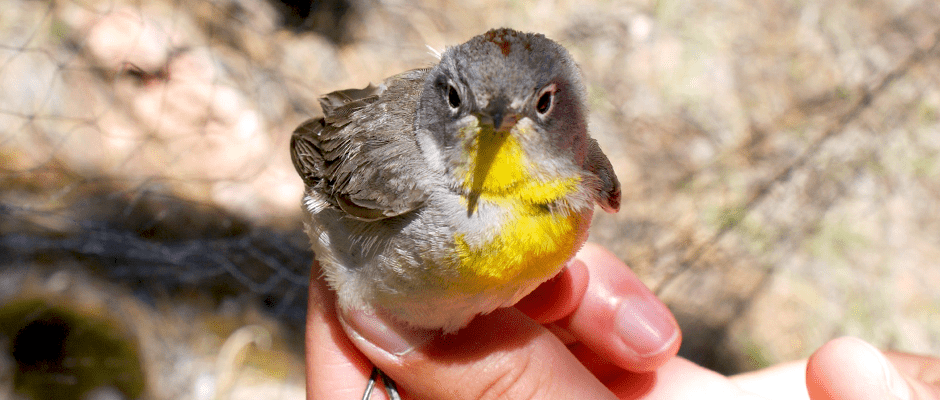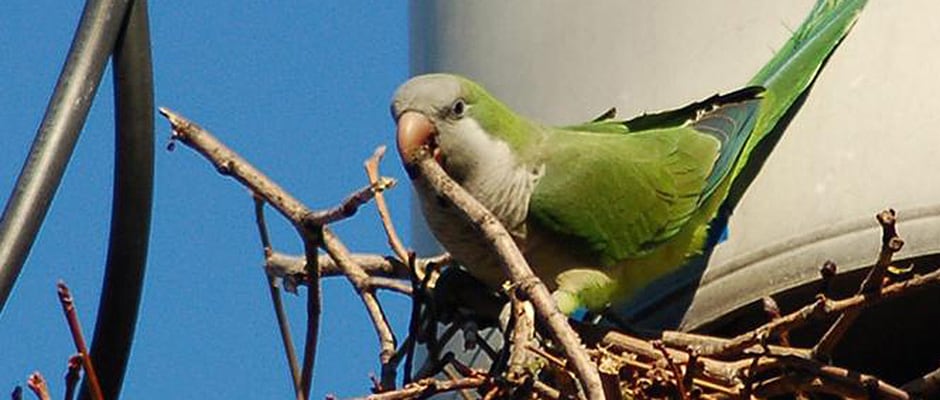- News
-
-
-
-
-
Latest News Articles
- Q&A: TEK and the wildlife profession April 24, 2024
- History may point to a brighter future for Canada lynx April 24, 2024
- New maps expand picture of big-game migrations in the West April 23, 2024
-
-
-
- Wildlife Professional Resources
-
- Our Network
-
- PUBLICATIONS
-
-
Recent Posts
-
 The Wildlife Professional November/December Issue
November 1, 2023
The Wildlife Professional November/December Issue
November 1, 2023
-
-
-
-
-
-
- Wildlife Events
-
-
-
Upcoming Webinars
- No Events
-
-
-
- Who We Are
-
Tag: genetic diversity

April 5, 2016
What genetics say about California Island foxes
While they may look alike, foxes on six different islands in California’s Channel Islands are actually very genetically different. The reason for these differences? According to a recent study, it’s...

February 25, 2016
Expanding Virginia’s warblers retain uniform gene flow
It’s not easy to find Virginia’s warblers (Oreothlypis virginiae) — especially given their shy, elusive behavior. Researcher Christine Bubac learned this firsthand when she used mist nets to capture the...

May 6, 2015
Successful Invasive Species Has Low Genetic Diversity
It pays to be adaptable if you’re an invasive species looking to survive in your non-native habitat. Monk parakeets (Myiopsitta monachus) — an invasive species currently found in 14 U.S....

